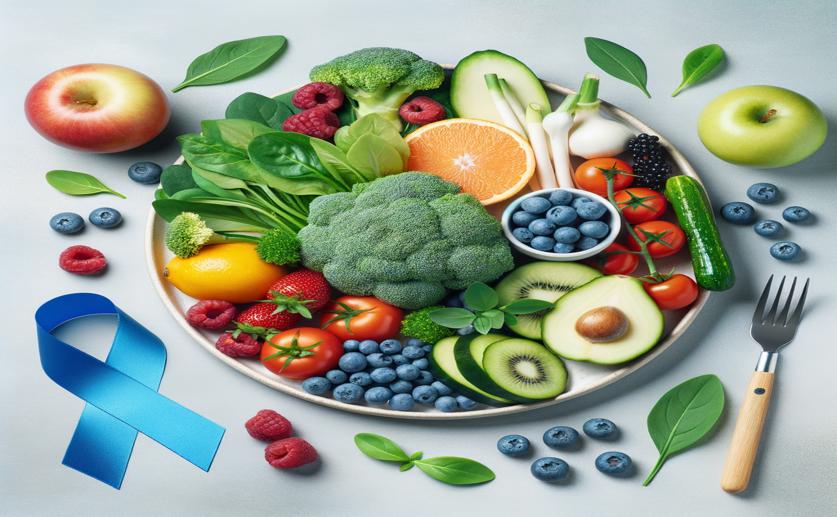
How Plant-Based Eating Affects Prostate Cancer Progression in Men
Greg Howard
4th May, 2024

Image Source: Natural Science News, 2024
Key Findings
- Study at the University of California, San Francisco found eating more plant-based foods may lower prostate cancer progression risk by 47%
- Men with aggressive prostate cancer who ate healthier plant foods had a 55% lower risk of the cancer getting worse
- The research suggests dietary changes to more plant-based foods could help manage prostate cancer post-diagnosis
References
Main Study
1) Plant-Based Diets and Disease Progression in Men With Prostate Cancer.
Published 1st May, 2024
https://doi.org/10.1001/jamanetworkopen.2024.9053
Related Studies
2) Dietary fat and prostate cancer survival.
Journal: Cancer causes & control : CCC, Issue: Vol 10, Issue 4, Aug 1999
3) Vegetable and fruit intake after diagnosis and risk of prostate cancer progression.
4) Association of plant-based diet index with prostate cancer risk.
5) Dairy intake in relation to prostate cancer survival.



 16th January, 2024 | Jenn Hoskins
16th January, 2024 | Jenn Hoskins